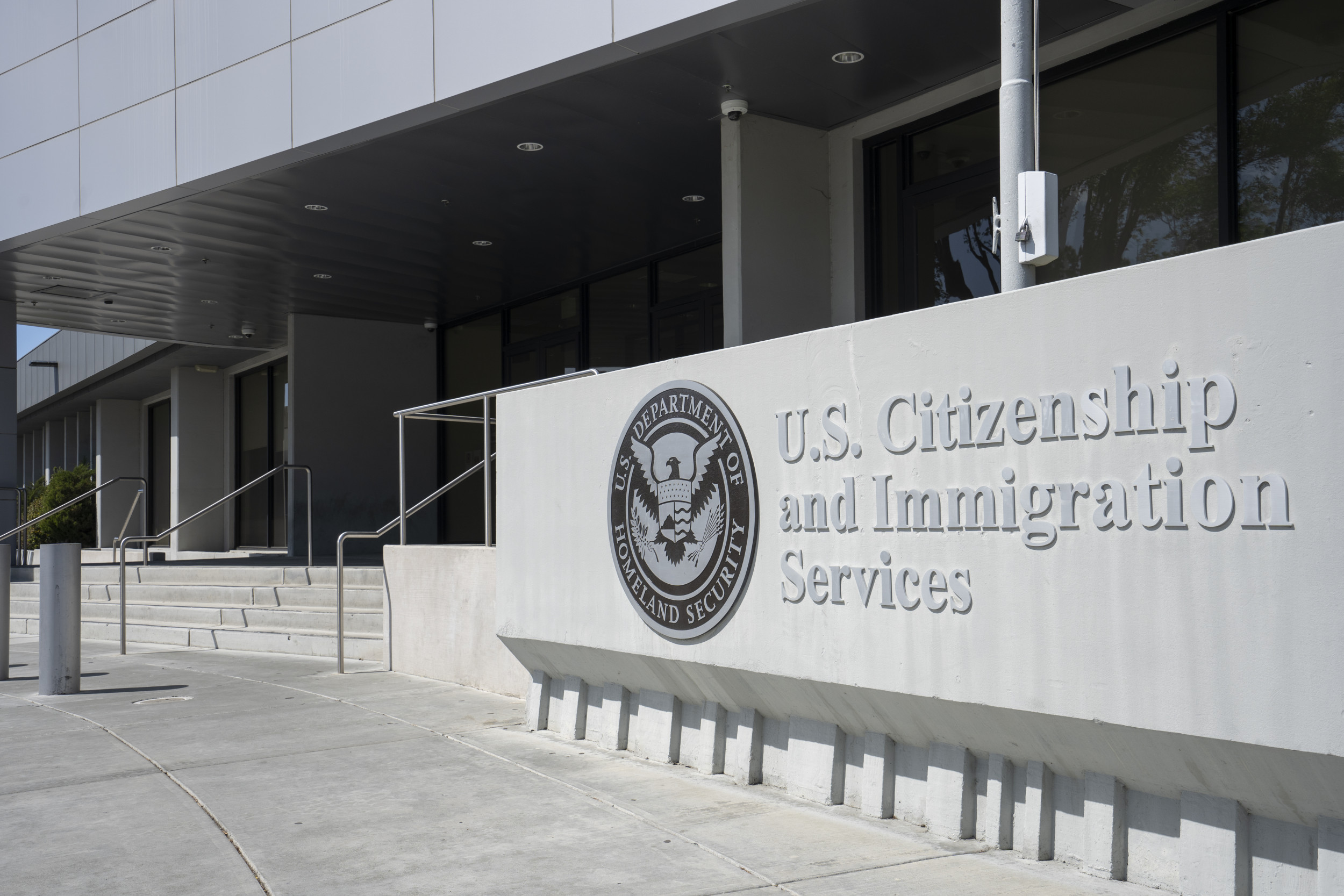
Lawmakers in Congress have introduced the Dignity Act of 2025, a bipartisan proposal that would increase the number of green cards available to immigrants and implement broad immigration reforms.
The legislation, H.R. 4393, aims to overhaul visa backlogs, expand eligibility for permanent residency, and address the status of Dreamers alongside major changes to border security and verification rules.
Newsweek has contacted the bill’s sponsor, Representative Veronica Escobar, for more information via email.
Why It Matters
Green cards, officially known as permanent residency cards, allow holders to live and work in the U.S. on a permanent basis and are a critical route to citizenship.
The proposed changes would provide relief for various groups, including undocumented immigrants brought to the U.S. as minors (Dreamers), those stuck in visa backlogs, and skilled workers facing lengthy waits due to per-country limits.
As workplace needs and demographic shifts intensify, the number of green cards issued has fluctuated, impacting more than a million people annually.
hapabapa
What To Know
Representatives Maria Elvira Salazar, a Republican from Florida, and Texas Democrat Escobar of Texas introduced the Dignity Act in the U.S. House of Representatives on July 15, 2025.
The bill proposes a suite of border security measures and immigration reforms, with several provisions aimed at expanding access to green cards.
Under the bill, those who entered the U.S. as children and recipients of Deferred Action for Childhood Arrivals could adjust their status to lawful permanent resident (LPR) by fulfilling certain criteria, such as graduating from college or a technical school, serving in the U.S. military for at least three years, or maintaining consistent employment for at least four years with a valid work permit.
The act also seeks to reduce legal visa backlogs to a maximum of 10 years. To do this, individuals waiting more than a decade in employment or family-based immigration backlogs could pay a $20,000 fee for expedited processing.
The current per-country cap for green cards would rise from 7 percent to 15 percent of the yearly total for both employment-based and family-sponsored categories.
This would alleviate country-specific bottlenecks that have affected applicants from countries like India and China, who face much longer waits than others.
In 2023, around 1.17 million individuals obtained green cards, a 15.2 percent increase from the previous year, reflecting shifts in pandemic restrictions and immigration policy.
The majority of green cards (64.6 percent) are family-sponsored, followed by employment-based at 16.7 percent.
What People Are Saying
Florida GOP Representative Maria Elvira Salazar said in a statement: “The Dignity Act is a revolutionary bill that offers the solution to our immigration crisis: secure the border, stop illegal immigration, and provide an earned opportunity for long-term immigrants to stay here and work. No amnesty. No handouts. No citizenship. Just accountability and a path to stability for our economy and our future.”
What Happens Next
The Dignity Act of 2025 has been referred to multiple House committees, including the Judiciary and Homeland Security, for consideration.
